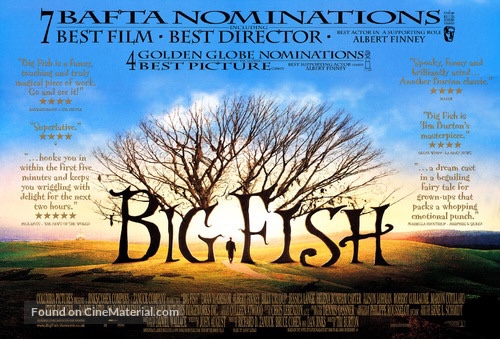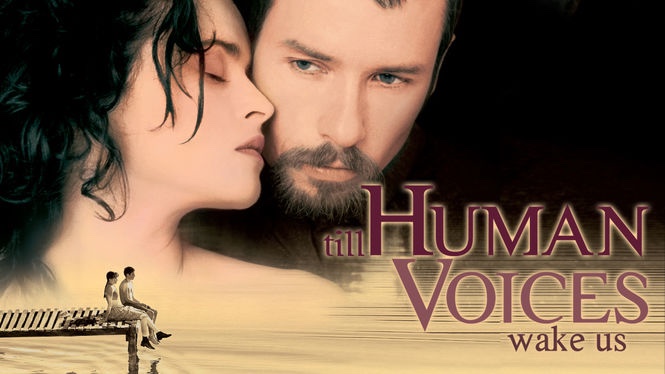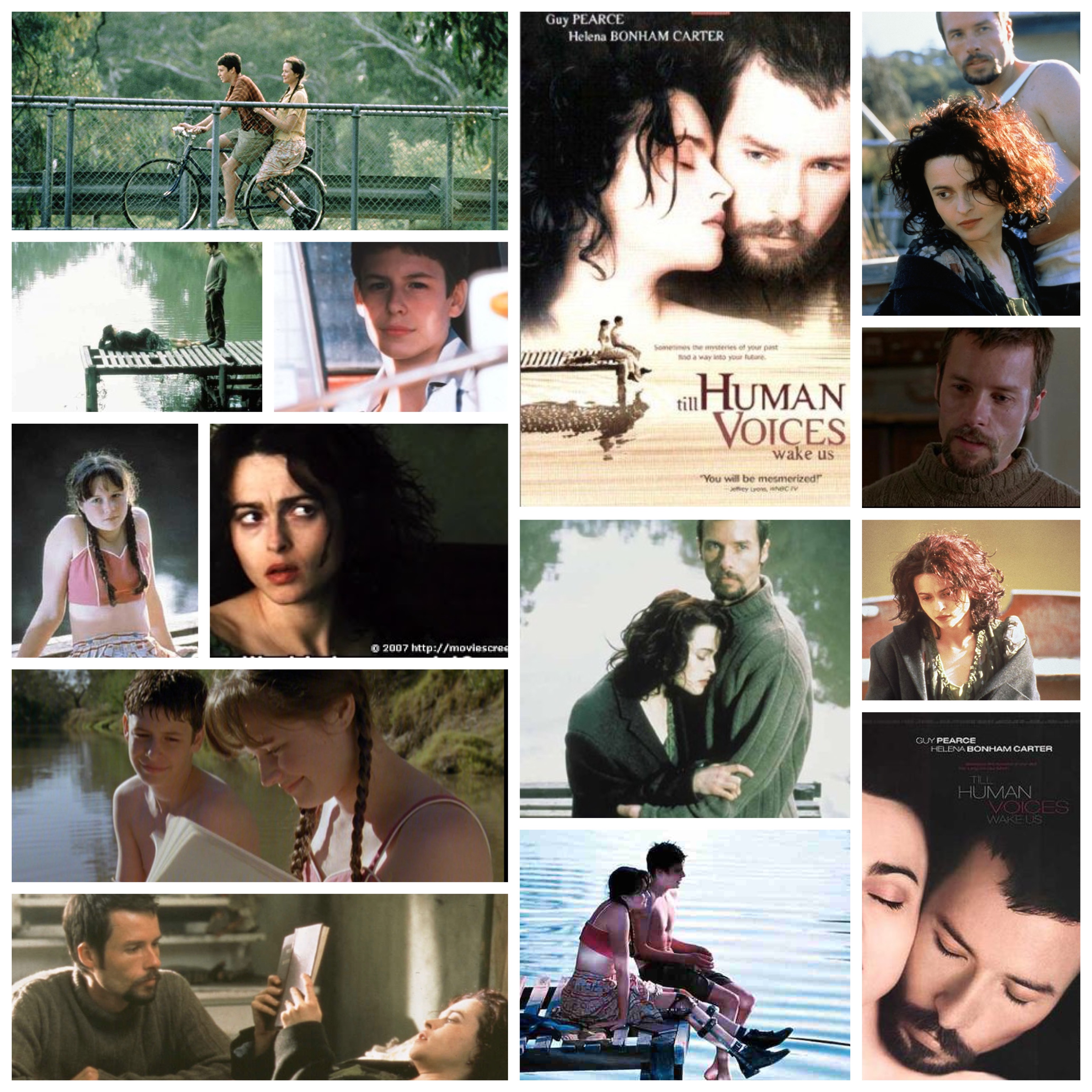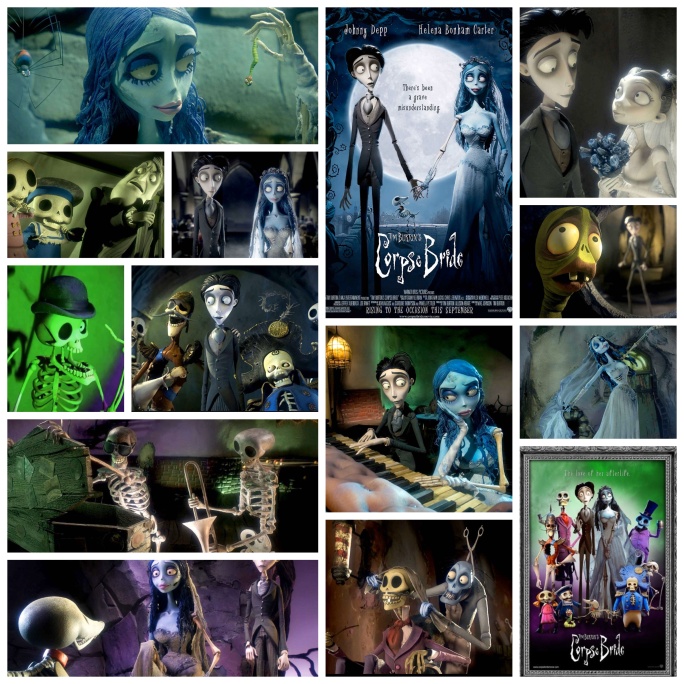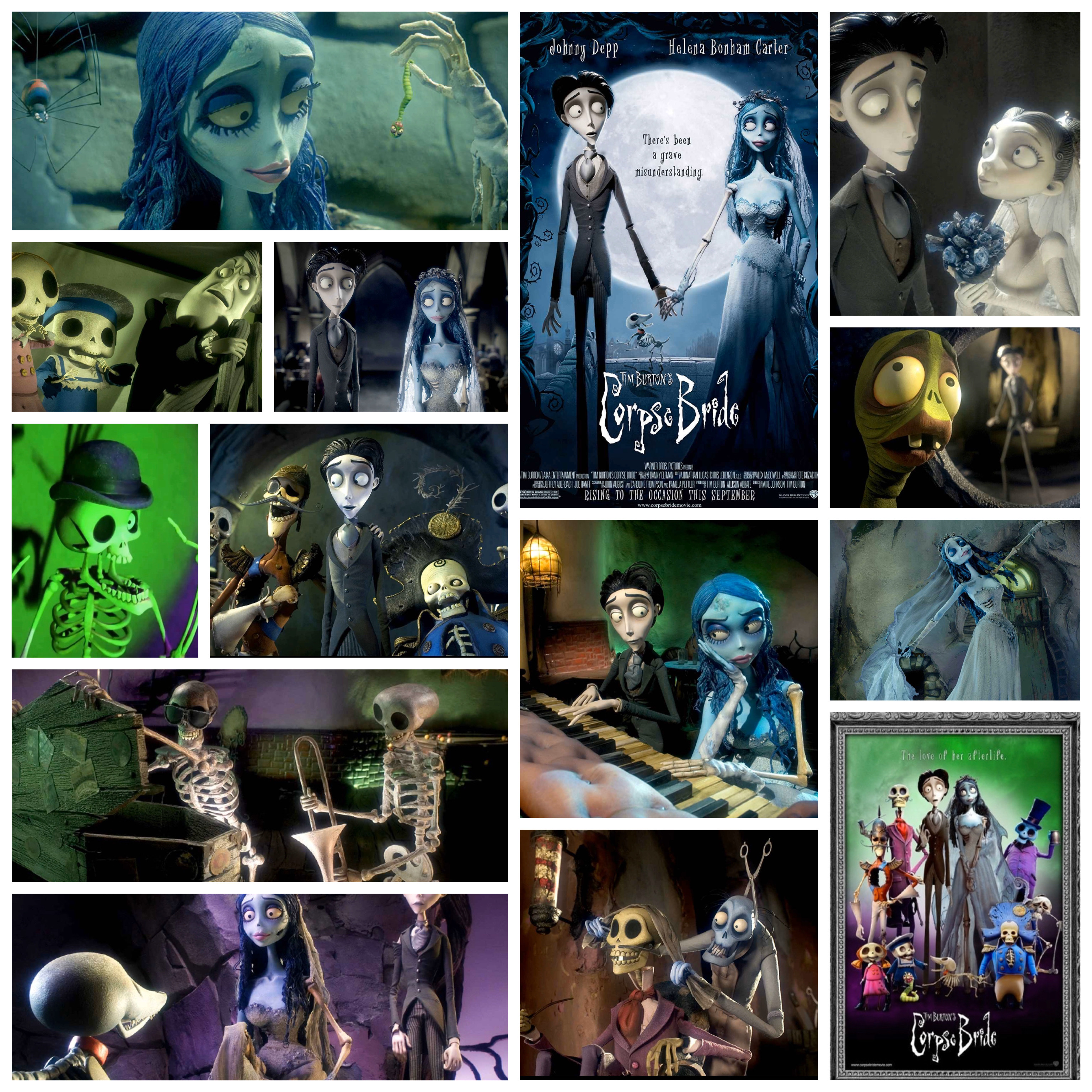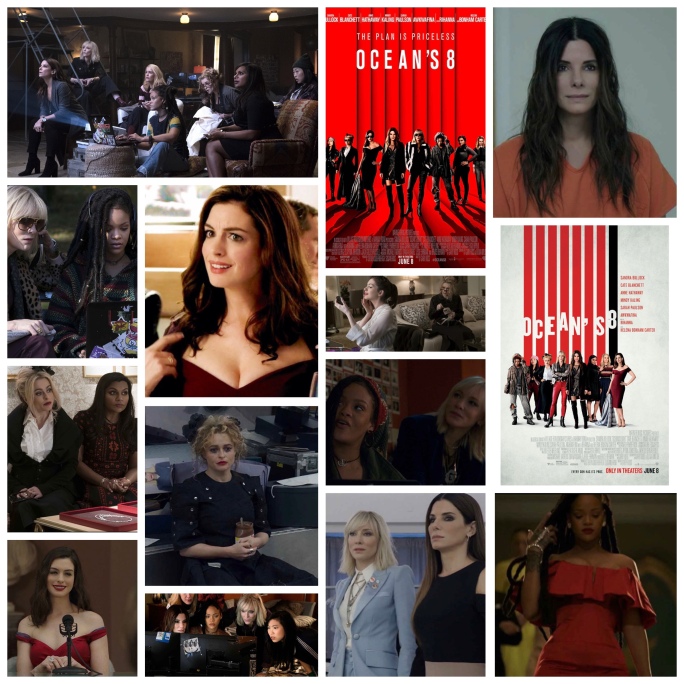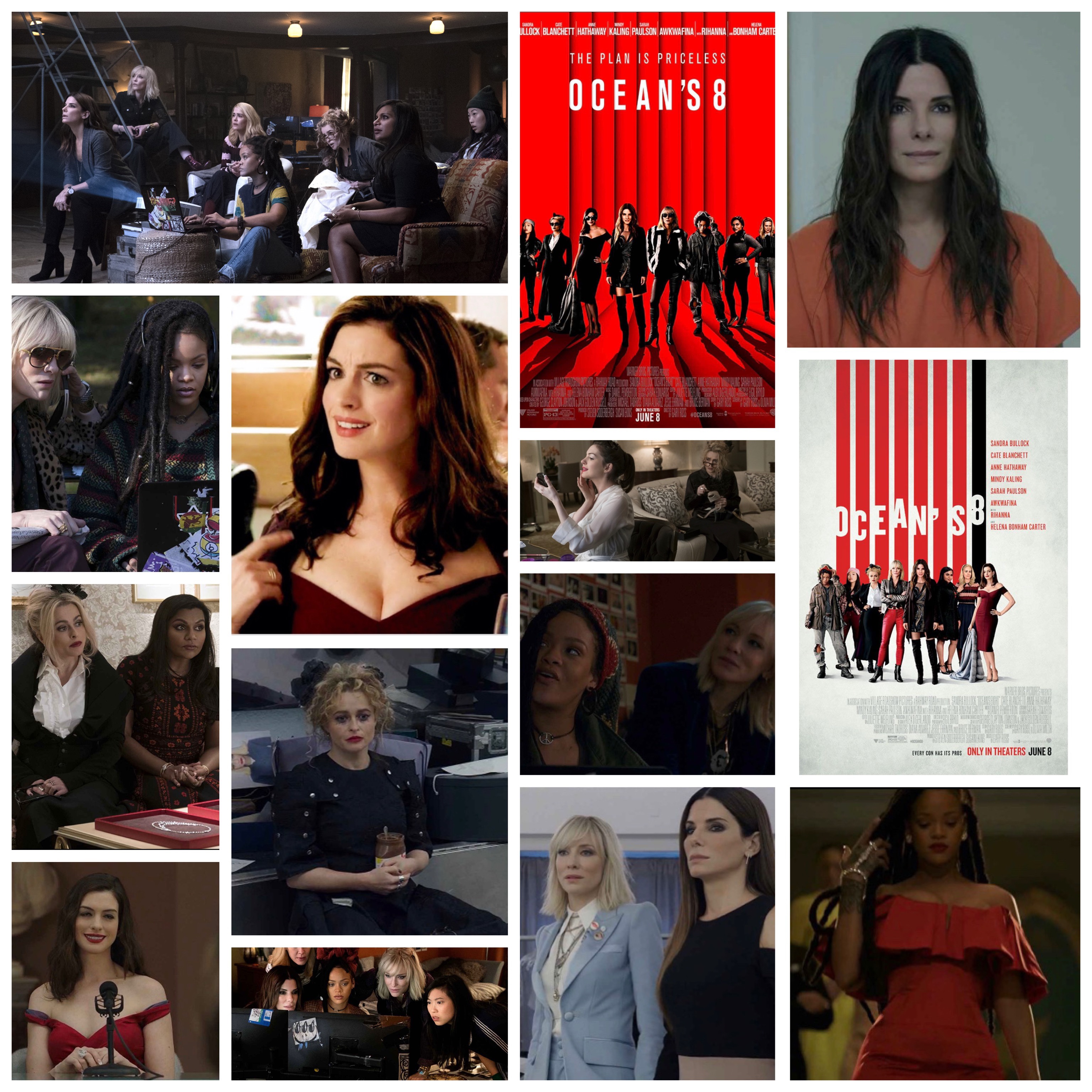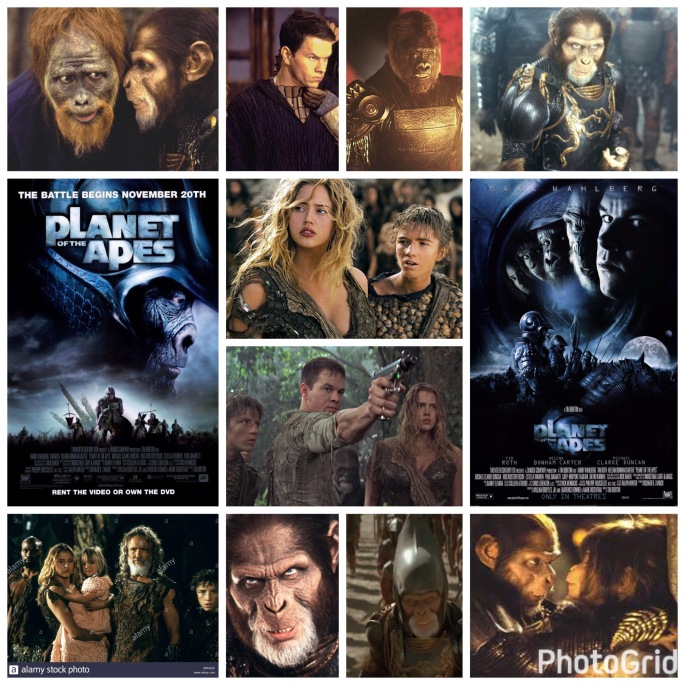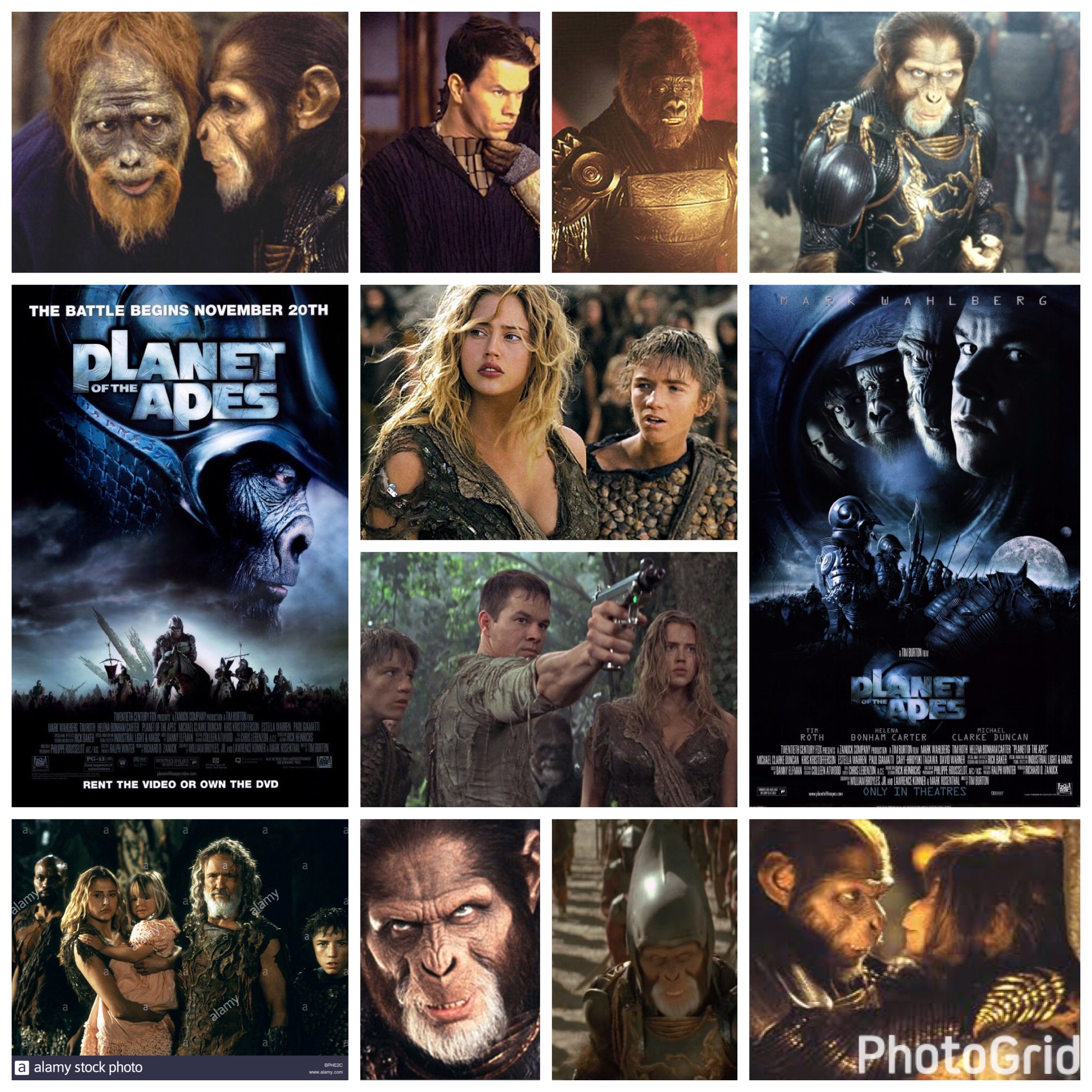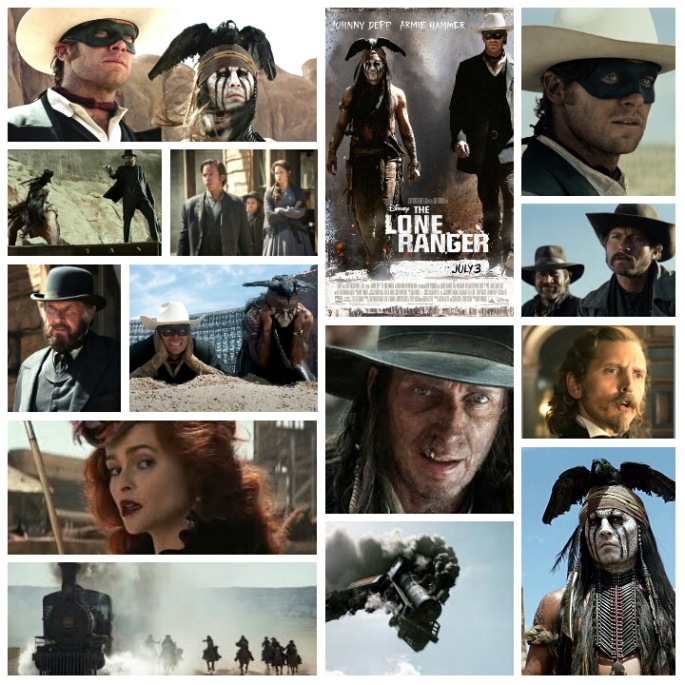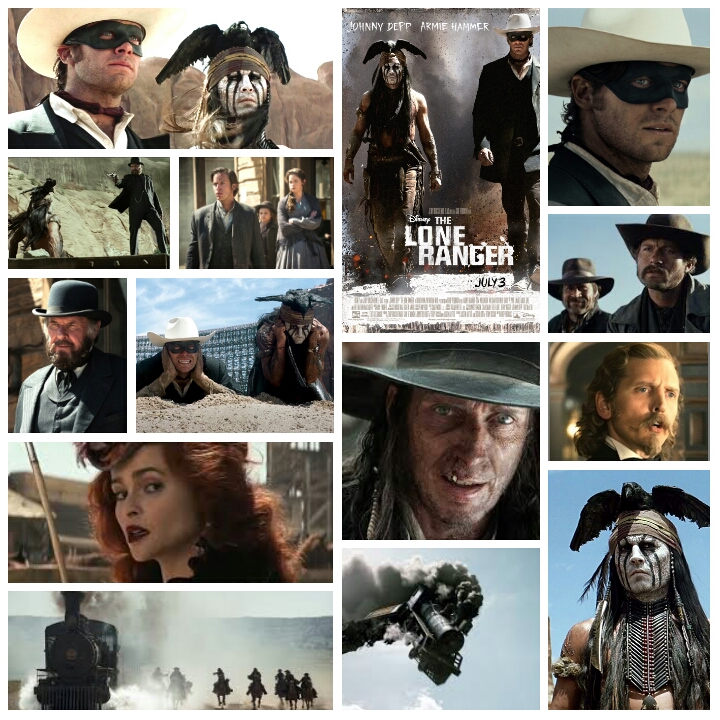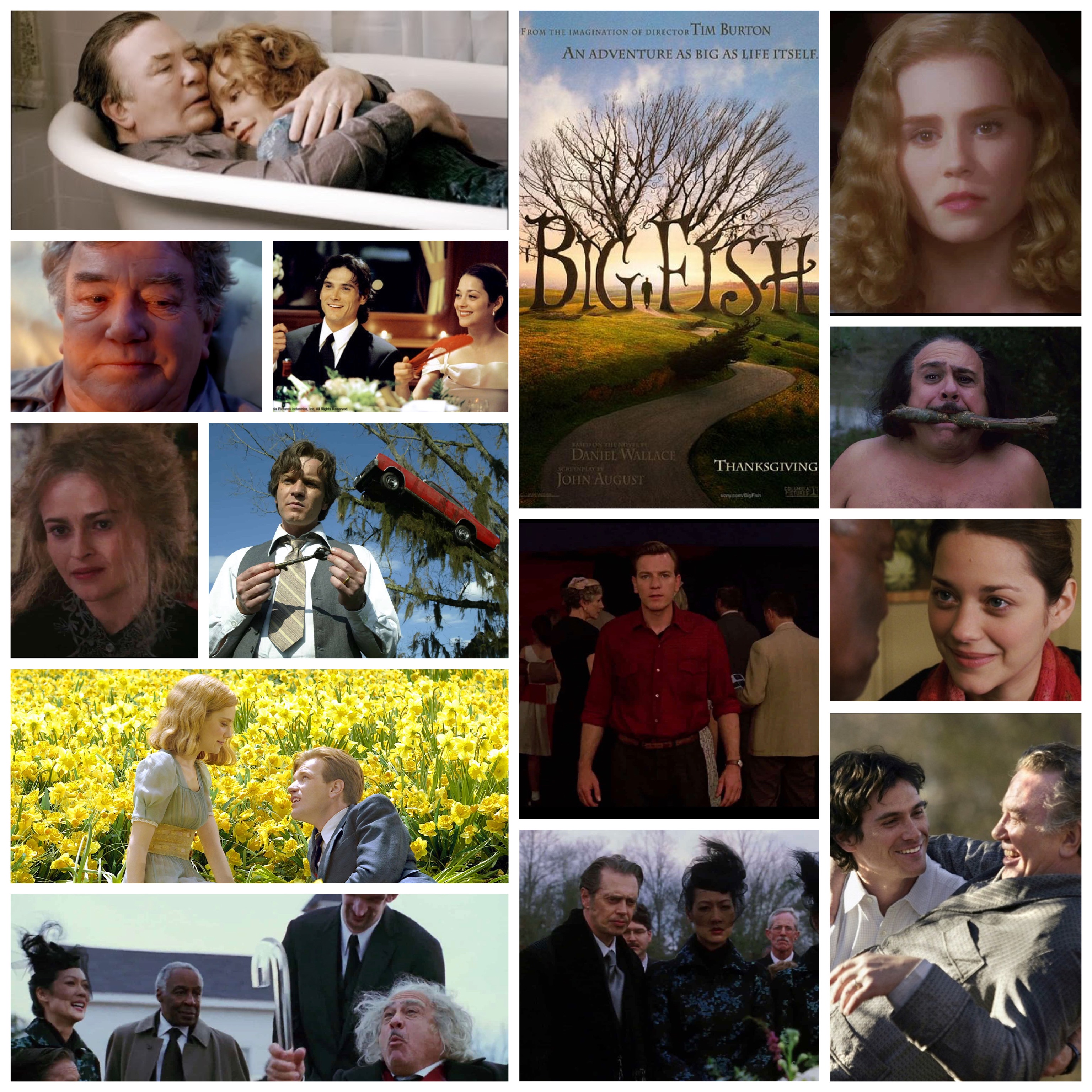
There are so many ideas, myths, motifs, vignettes, episodes, characters and ideas swirling around in Tim Burton’s Big Fish it almost feels like several movies collided together to make their own sweet, sunny mixture and I love that feeling. It’s like a postcard perfect funhouse where you never know what you might get and some people saw a pacing problem or lack of focus in that regard but for me it’s this wonderful wellspring of creativity, visual audacity and fairytale lyricism. It’s also told from the perspective of a rascal who is notorious for making up wild stories so the narratively kaleidoscopic nature of the film seems very appropriate. Edward Bloom is one of the strangest Tim Burton characters to ever grace the screen, a magnetic individual played as a young man by beaming, idealistic Ewan McGregor and as an old fellow by wisecracking, lovable Albert Finney. Edward loves to tell stories, larger than life anecdotal adventures that he regaled his young son with throughout childhood, stories that couldn’t possibly be true.. right? As Edward grows up he leaves a town that just wasn’t big enough for him and meets many wonderful and strange characters along the way including a giant (Matthew McGrory), a poet turned bank robber (Steve Buscemi), a mermaid (Bevin Kaye), a reclusive witch (Helena Bonham Carter) a circus ringmaster (Danny Devito, scene stealing like nobody’s business) with a supernatural secret and eventually the love of his life Sandra, played as a young woman by the excellent Alison Lohman (whatever happened to her?) and later by Jessica Lange. The story finds an emotional core in the relationship between Edward and his son Will (Billy Crudup), a realist who resents being brought up amidst a bunch of tall tales and just wants, along with his wife (Marion Cotillard, lovely), to finally get to know his father as he is passing of terminal illness. The stories are besides the point here and as one character notes, at some point a man becomes the legends he tells simply by embodying them, and when it comes time for the narrative to tell us whether or not these tales are even true it hardly matters because the film has been so honest with us in the human connections we see unfolding. This film sits apart in Burton’s career because of how emotionally affecting it is, not largely focused on effects and makeup like he often chooses but crafted with its heart firmly planted on a bedrock of believable humanity. There’s whimsy, style and special effects galore mind you, all excellently, wonderfully done.. but the core of what makes this film so special lies in the final twenty minutes or so where we see a rich, cathartic final act that always brings me to tears. Edward Bloom may have told wild tales his whole life and Will must reconcile that they were just a part of who his father was, and that the greatest story in his life was the family he raised. It’s a beautiful, oddball, postcard pretty, occasionally surreal yet ultimately down to earth and deeply felt piece of storytelling.
-Nate Hill
